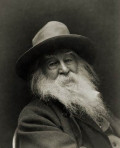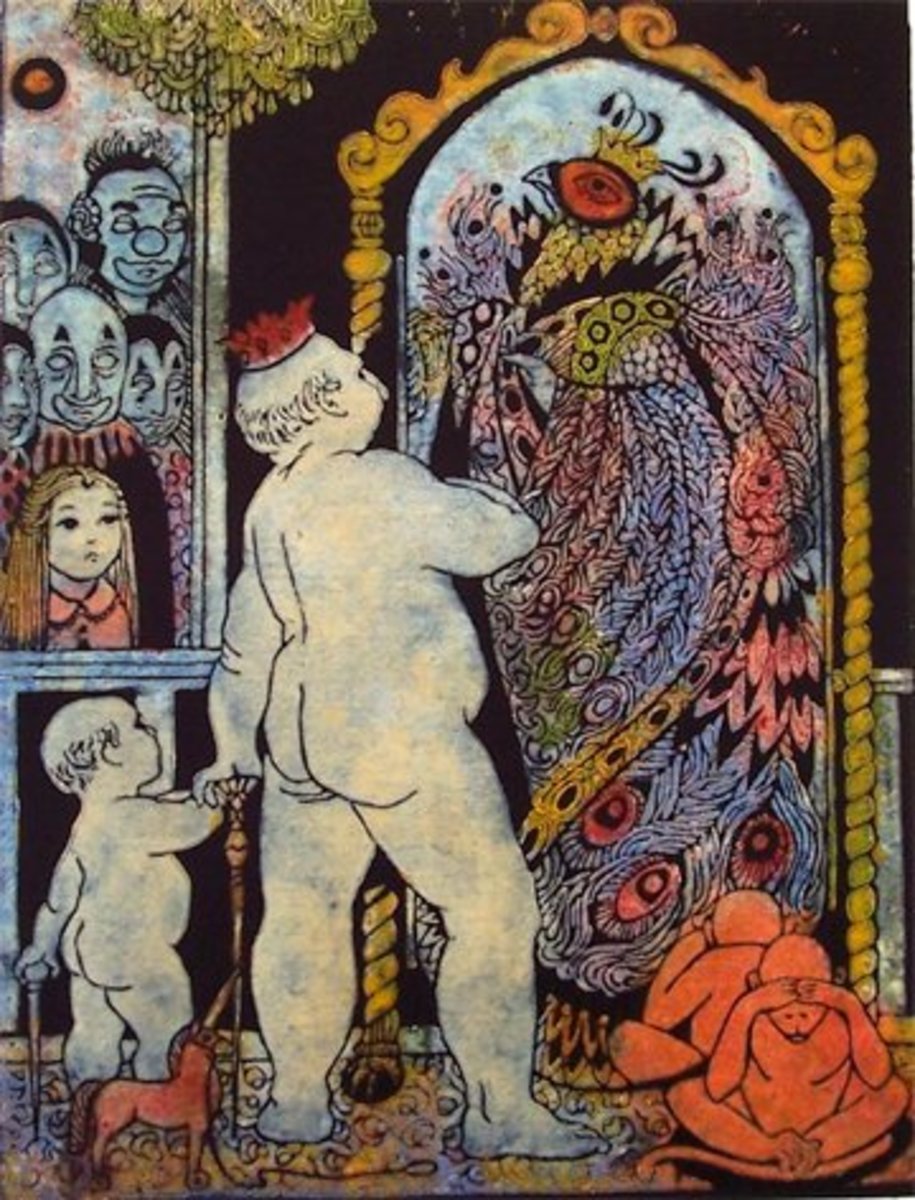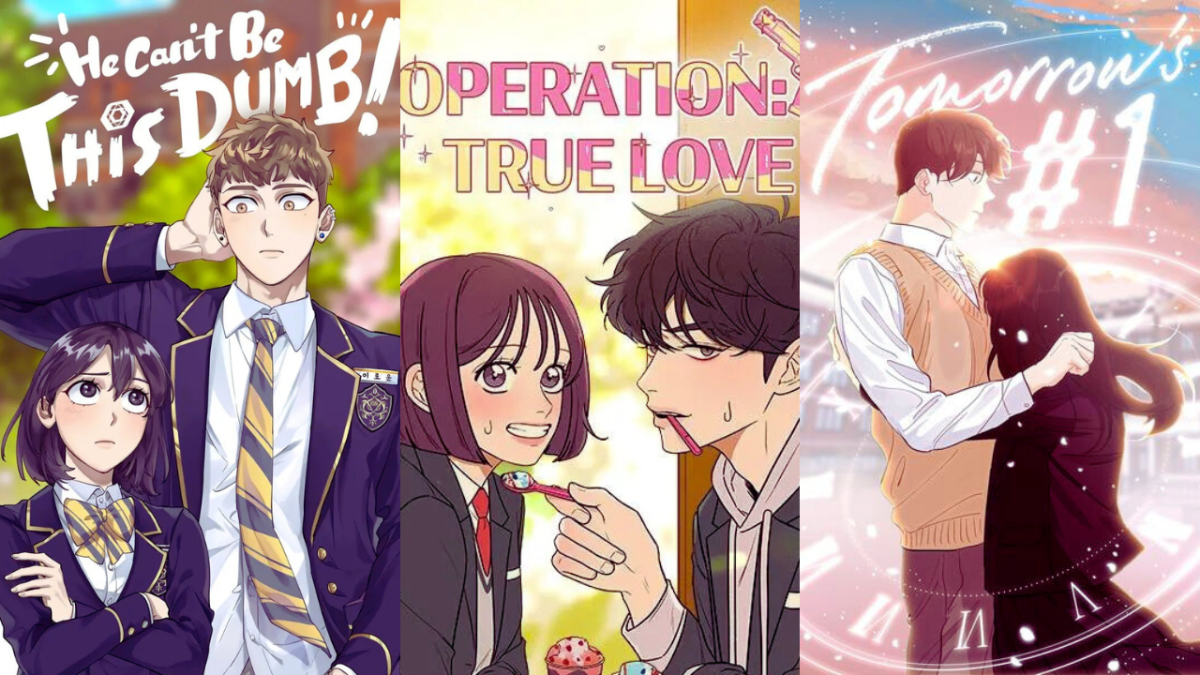Remembering Myself: Past Thoughts on Writing and Poetry - Part 1
Author Introduction
I recently came across an old paper that I wrote in college and thought that it would make an interesting article. I remember writing it for a poetry class that I took and can recall how much I appreciated the fact that my professor allowed us to have a more informal tone with the assignment because it was primarily a reflection project. This paper has made me realize just how important writing is when it comes to remembering who we are as people and how we continue to grow. It’s a little long, so I decided to split it into two articles. I hope that others may find something special in it.
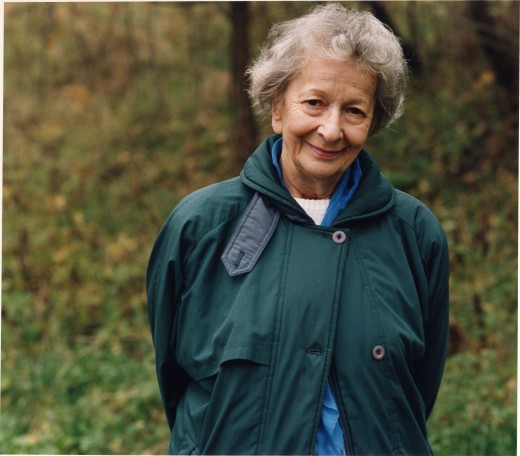
In Search of... - Part 1
I don’t know. Wisława Szymborska said in her 1996 Nobel lecture that this simple phrase – I don’t know - is one of the most valuable in existence. I can only add to the poet’s assertion by finding these words important enough to begin my final paper. The phrase is applicable because I don’t know what to write in this paper. Everything that I write, I want it to have special meaning. It has to be something that speaks to me as well as to the person who reads my words. To be honest, I no longer feel as though I’m able to do this in my papers.
I appreciate the fact that this paper can be more personal and not as formal as assignments in other areas, but in the present case, I don’t believe it matters very much. I find myself becoming more frustrated with every line because I know that points are probably being deducted for expressing the way that I feel. I’m supposed to talk about poetry and the writers who spend their lives in pursuit of answers that they may never find. I know their pain and that should be enough. The challenge, however, comes in explaining how deeply this pain truly runs. Perhaps many people do not consider writing in that way. Writing allows a person to feel emotions and express thoughts that few people will ever consider. Sometimes it keeps sleep away at night and leaves one feeling lost and alone. That might be a writer cliché, but I believe that it’s often the result of saying, “I don’t know,” and the price one pays for trying to alleviate that ignorance.
The problem comes in the fact that it doesn’t go away and you discover that you received answers to the wrong questions. Maybe even more haunting are the questions that are never asked and only survive as plagues on the mind. I don’t know. I use this phrase for a number of reasons. It stays with me in understanding the writings of Rilke and Szymborska. I try to understand them at the risk of losing myself. This is the reality of the situation, or at least the way in which it appears to me now. I hope that I can find a balance. The search for an answer is a journey which motivates individuals to do great things or at least those things which seem most important through the eyes of others. However, it will become readily apparent that this endeavor is laced with contradictions (as I’m sure this paper will be). Views change just as the people who express them also change. This is the essence of life and poetry.
The struggle comes in finding a place in the world when one is blessed with the gift for the written word. Everyone has a purpose and finding it makes life worth living. In thinking so, people are constantly seeking to discover a sense of belonging. This idea gives rise to a belief that there may actually be a “proper” place in society for each individual. Though some may find the thought comforting for its ability to maintain a certain order in life, others may very well see such circumstances as a means of spiritual inhibition with society’s assumption to already know a person’s potential.
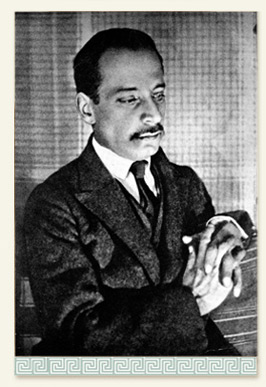
Understanding a person requires far more than the superficial perception one gains from first impressions and premature bias. Often people would rather assume to know what a person stands for rather than take the time to actually understand the essence of that person. Perhaps it is too much to ask otherwise. Even so, people still find themselves in a position to either accept their given station as fate or make an attempt to transgress social boundaries and forge new destinies. Either decision comes at a price. It is through this exploration that the individual finds a place to reside. Poets have always struggled under the burden of trying to establish themselves within the constraints of society. Though most of the adversities remain the same, the motivations behind each poet to overcome these obstacles are in some cases very different.
In selecting the poets for my paper, I chose to discuss writers who themselves address the meaning of what it is to live the life of a poet. The drive to reach ones potential surfaces in writing to a great extent by being able to express feelings in a wide variety of ways. Though poetry itself attempts to explore the feelings behind the writer’s words, certain poets find more direct approaches to the task. Among the most celebrated for his insight is the poet, Rainer Maria Rilke. The words of advice given in Letters to a Young Poet show that he has a true understanding of what it means to be a poet. Rilke’s advice is given from the point of his own experience and thus offers the most valuable type of wisdom. In a way, reading the knowledgeable words of such a man can be seen as comforting in the eyes of the lost and inexperienced writer. I am sure that giving rise to this feeling was Rilke’s intention. However, in my own reading of Rilke (as well as with most of the poets discussed during the course of this class) I could not help but feel even more lost than I had been previously.
Rilke’s letters are seemingly boundless in their application to life and poetry. Certain letters in the collection of Letters to a Young Poet are of particular interest to me. The first letter I find very interesting. In the course of its first pages, Rilke’s letter warns against poetic criticism and the negative effects of depending too heavily on the ideas of others in relation to their opinions on poetry. Here lies one of the contradictions to which I spoke of earlier. Rilke, in the role of an advisor, tells the young writer that no one is fit to counsel or help him. Had the young writer taken heed to this first bit of advice, his extended correspondence with Rilke would have been significantly shorter. Perhaps mutual curiosity and the desire to satisfy their own ambitions encouraged them to continue. The writer, Franz Xaver Kappus, was motivated to improve his skill as a poet through a man who was more than qualified to offer such assistance. Rilke sought to guide Kappus in a direction that would lessen the negative frustrations of being a poet which Rilke himself had no doubt encountered during his journey. Still, the question arises whether or not Rilke’s attempt to guide Kappus was in fact more harmful than beneficial to his poetic potential. If Rilke is correct in his statement that a poet has to find guidance and answers from within, then, in a different way of thinking, he robs Kappus of the experience gained from self-discovery. Like Rilke, I have a distaste for too much analysis and will leave this previous thought to other interpretations. Perhaps it is possibly a simple misunderstanding.
In reading these letters, I came across an interesting interpretation by Rilke on the subject of solitude in his sixth letter. He says near the beginning, “what (ask yourself) would solitude be that had no greatness; there is but one solitude, and that is great, and not easy to bear, and to almost everybody come hours when they would gladly exchange it for any sort of intercourse, however banal and cheap, for the semblance of some slight accord with the first comer, with the unworthiest.... But perhaps those are the very hours when solitude grows.” It is difficult to describe the feelings on my part upon first reading these words by Rilke. It was the same feeling that consumed me after reading Leopardi. I admit that it is the kind of reaction that caused me to close their respective volumes and not want to read any more. Again, I don’t know. Others might consider such words of truth as comforting if they apply to the individual’s own situation. On the contrary, I felt, for lack of a better word, disappointed.
Concluded in Part 2...


